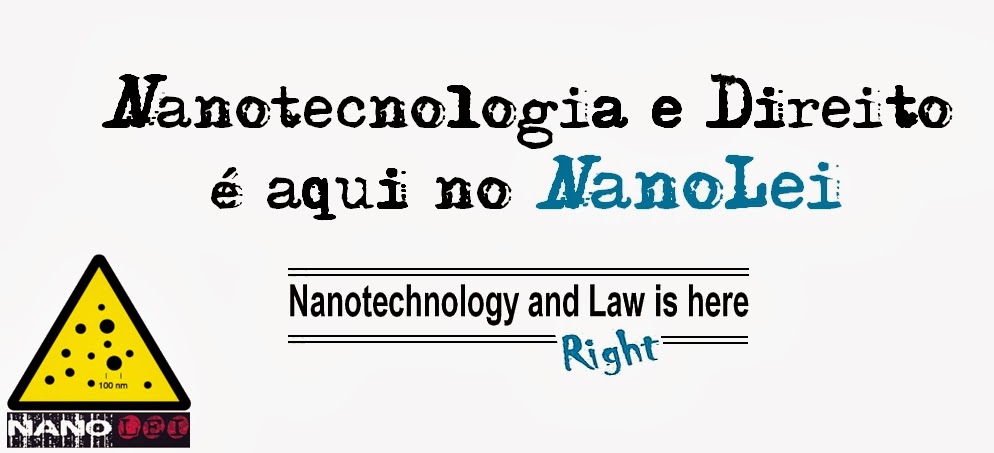EVOLUTIONARY CHEMISTRY
An entirely new way of thinking about pharmaceuticals – this is the goal of Morten Meldal , one of two new ‘Lighthouse Professors’ in chemistry at the University of Copenhagen. Meldal, 59, has been appointed by UCPH’s Department of Chemistry to establish the soon to be Evolutionary Chemical Biology research centre. Along with the appointment, 35 million kroner has been granted by the University to get the centre up and running.

Strengthened research, where biology and chemistry intersect
The newly appointed professor will use chemical methods to investigate biological systems, particularly systems that result in illness. Ultimately, he expects to combat otherwise incurable diseases using drugs that work 100,000 times better than those currently available.
"We will develop drugs that eliminate pathogens. It’s an ambitious target, but if we succeed we will have far better drugs.- Morten Meldal, Lighthouse Professor, Department of Chemistry
- Today, medications work by dampening the production of whatever is making us ill. This might be a virus like HIV or plaque in the brain, as with Alzheimer’s. We will develop drugs that eliminate these pathogens. It’s an ambitious target, but if we succeed we will have far better drugs, says the new Lighthouse Professor.
International star from within his own ranks
Department Head Mikael Bols, who hired Meldal, believes that the Department of Chemistry has acquired a professor of the highest international calibre.
- Meldal is an international star, known the world over for his contributions to the field of chemistry. The University of Copenhagen could not have gained a better Lighthouse Professor, asserts Bols. Continuing, Bols states that, - with Meldal as a Lighthouse Professor, the Department of Chemistry takes a huge leap forward with regards to biological signalling and illness-related chemistry research.
- Meldal is an international star, known the world over for his contributions to the field of chemistry. The University of Copenhagen could not have gained a better Lighthouse Professor, asserts Bols. Continuing, Bols states that, - with Meldal as a Lighthouse Professor, the Department of Chemistry takes a huge leap forward with regards to biological signalling and illness-related chemistry research.
Natural method upsets biology’s apple cart
Illness is always the result of some imbalance in the body’s chemical systems. With a body chemistry that involves signalling between cell surface receptor proteins and enzymes to the cellular innards via transmitter substances, it is a complex affair to find the substance that can selectively break into the vicious cycle of a particular illness – especially using traditional chemistry methods. Evolutionary chemical biology deploys nature’s own methods, explains Morten Meldal.
 - With organic synthesis, which is the traditional method for producing chemical substances, we make thousands and thousands of potential drugs, mutations, if you will. Then we find the most suitable one and develop it further. You could say that we make use of Darwin’s principles, on a molecular level, says the Lighthouse Professor.
- With organic synthesis, which is the traditional method for producing chemical substances, we make thousands and thousands of potential drugs, mutations, if you will. Then we find the most suitable one and develop it further. You could say that we make use of Darwin’s principles, on a molecular level, says the Lighthouse Professor.Special funding to support the development of chemistry research
The Lighthouse position was created subsequent to a special grant from the University of Copenhagen designed to strengthen the chemistry discipline in connection with the merger of the life and natural science faculties.
In 2012, the Board’s strategic funds were earmarked for the establishment of 5 research oriented lighthouses; of these, two to chemistry, two to life sciences areas and one to pharmacy. Each grant is worth 7 million kroner annually, for a period of five years.
In 2012, the Board’s strategic funds were earmarked for the establishment of 5 research oriented lighthouses; of these, two to chemistry, two to life sciences areas and one to pharmacy. Each grant is worth 7 million kroner annually, for a period of five years.
Five years to establish and develop cutting-edge research
Over the next five years, Meldal will receive 35 million kroner to found a centre that will bridge the gap between chemistry and biology. Department Head Bols believes that Meldal is the right person for the job.
- Chemists tend to shy away from throwing themselves into cellular biology because it is so complex. Meldal spans the disciplines far more than the majority of chemists, from chemistry and deep into biology and this positions him to study biological phenomena using chemical methods, says Bols.
Chemistry, nanotechnology and biology combined
Morten Meldal is departing from his role as head of the Department of Chemistry’s Nano-Science Center. His experience there will be brought to the table in the new centre, where among other things, his insight into nanotechnological methods of investigating biological systems is certain to be made use of.
Fonte: University of Copenhagen
